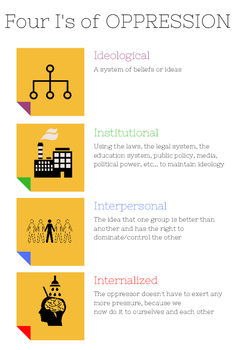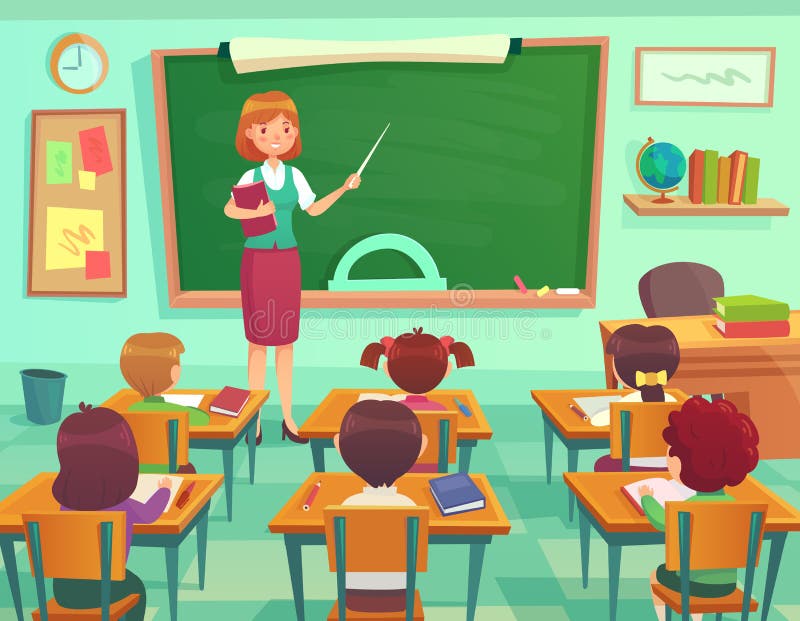Hello blog readers!
This week we had two short readings!
In order to examine the idea of "troublemaking" as a form of resistance against oppressive school systems. The reading makes the case that by comprehending these children's viewpoints, educators can rethink education to place a higher priority on freedom and inclusivity than solid obedience. The current school culture frequently makes students invisible by ignoring their different experiences and viewpoints because of things like gender, race, and class.
One of the parts in the reading that stood out to me was, " I am calling on all educators- those in our classrooms, in our homes, and on the streets- to embrace and to respond to the urgency of our collective need to teach love and to learn freedom." It is interesting to see that teachers are more focused on achieving success with their students on a non educational level. Teaching life lessons is more important than pushing different kinds of ways to teach something like subtraction. For students that struggle with their home life or being raised, I think this is a visual thing to learn to live within society.
Something relatable:
In the reading it mentioned that young children energy and outlook can help change your imagination/how you are feeling.
With working in a daycare this stood out to me a lot. I believe that young kids do obtain that power. If I go into work in not the best of moods, but they have energy and are excited to learn and play, that energy rubs off and they teach you to let that bad mood go.
- Maci Maiello

